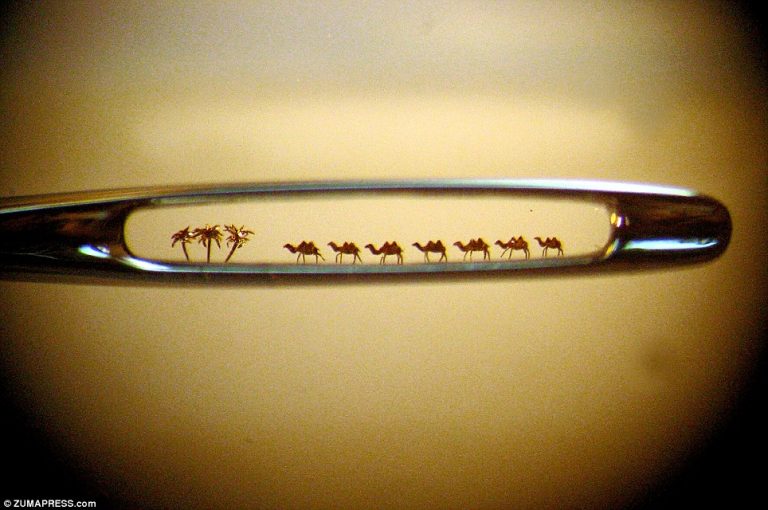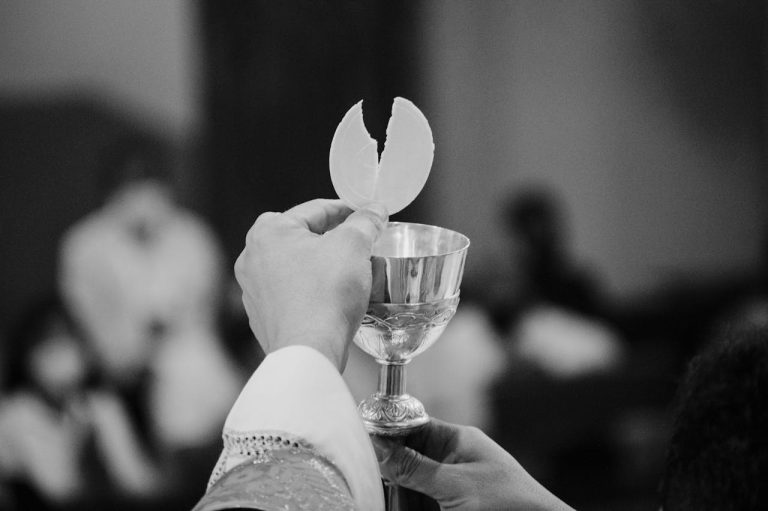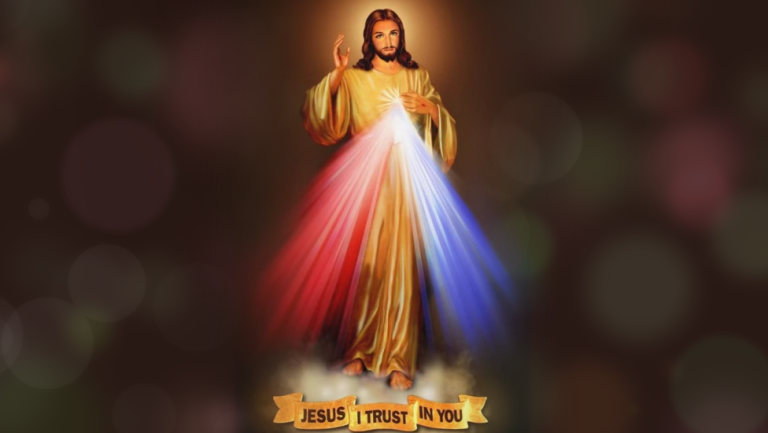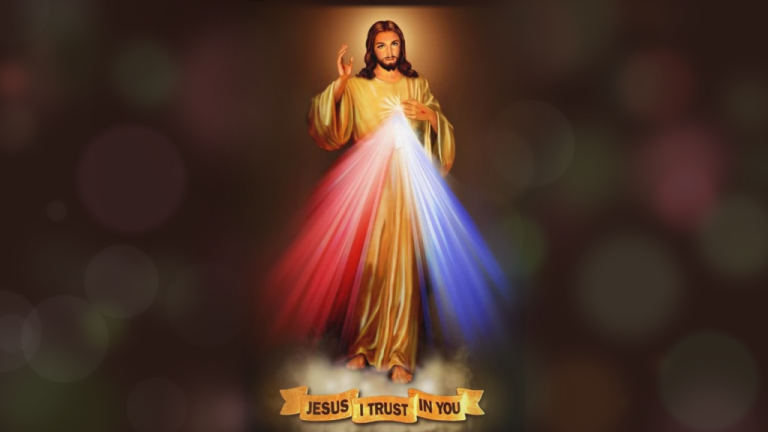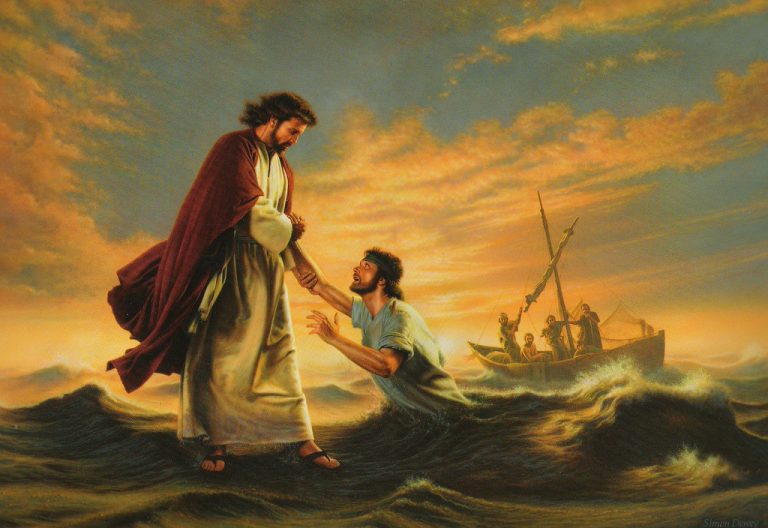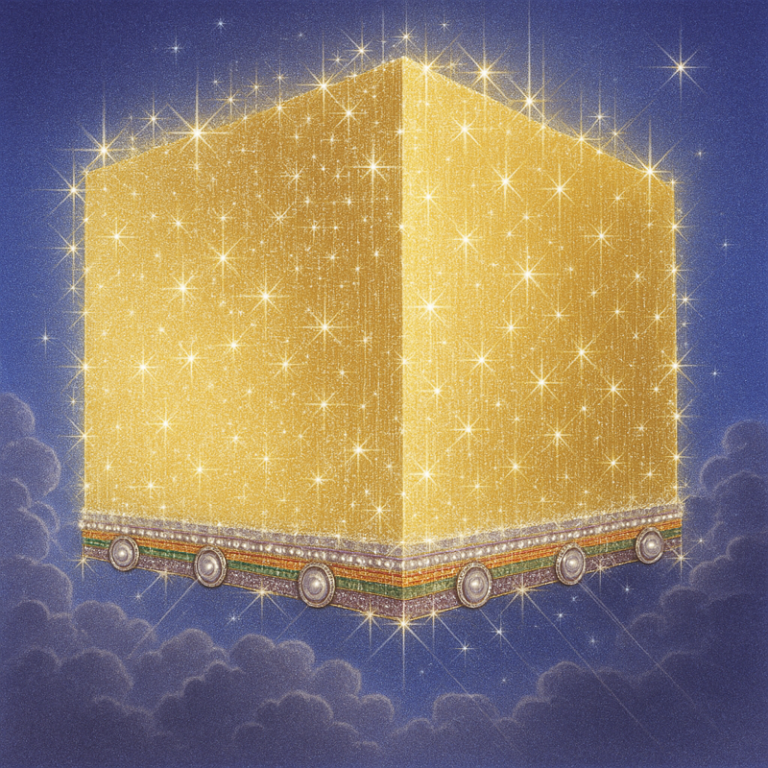Catholic Fundamentalism is the first new approach to The Roman Catholic Church since Pascal developed Probability Theory and applied it to choosing a religion. Pascal’s Wager, known by every well-read Christian (and a few others) combines assumptions and conclusions:
- “God is, or He is not”
- A Game is being played (and the rules of that game dictate that it is one in which) either heads or tails will turn up.
- According to reason, you can defend neither of the propositions, so
- You must bet on either heads or tails. It is not optional. (Those who refuse to bet automatically lose because they cannot win.)
- Let us weigh the gain and the loss in wagering that God is. Let us estimate these two chances. If you gain, you gain all; if you lose, you lose nothing.
- Wager, then, without hesitation that He is. There is in that choice an infinity of an infinitely happy life to gain, a chance of gain against a finite number of chances of loss, and what you stake is finite. And so our proposition is of infinite force, when there is the finite to stake in a game where there are equal risks of gain and of loss, and the infinite to gain.
Reading that a couple of times to effectively download it within our own operating system cannot but help us to help those around us. It’s surprising how frequently we can have Pascal’s Wager come up in conversations. Discussing it has helped lead many minds to belief and salvation. We may also find an opportunity to tell people one of Blaise Pascal’s accompanying conclusions, “When a lottery’s prize is big enough, you are a fool not to buy a ticket.”
Catholic Fundamentalism offers a different approach:
“We may assume that God’s abilities are greater than ours. He has the power to program what we humans would be programmed to see as energies and particles. He compiled those energies and particles into systems and beings. At some point, He downloaded them into The Creation Program, all the universe into which each of us was downloaded.
“He programmed us free will creatures in such a way that we could not prove with our minds that He existed. We were programmed so that we could see His power only if, and after, we freely chose to believe in Him, at which time our faith would grow.”
Earlier ages often defined God through what they saw in the technology of the time. When watchmakers began making more accurate timepieces, those in that age described Him as “The Great Watchmaker”. When medical science began to offer better cures, He was described as “The Great Physician”. Today, we may see Him as “The Programmer of Programmers”. We, human programmers of all that we think, say, and do, owe our existence to Him and His Program.



